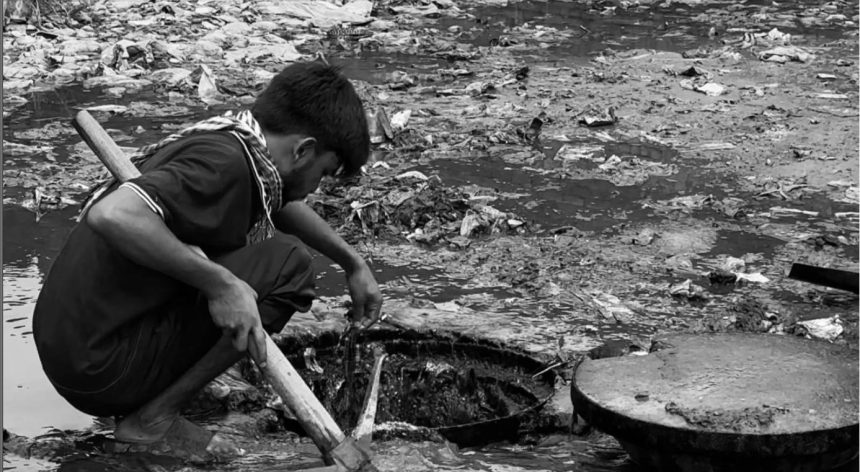Amnesty Highlights Exploitation of Sanitation Workers in Pakistan

Sanitation workers across Pakistan continue to face dangerous working conditions, deep-rooted caste and religion-based discrimination, and widespread denial of basic rights. Accounts gathered from multiple districts show that many are hired on insecure daily-wage or contractual terms, often without written agreements, leaving them without job security, paid leave, or healthcare benefits.
Job Insecurity and Wage Disparities
Despite sanitation being essential, many workers remain on short-term contracts for years. Some are repeatedly asked to sign 89-day contracts to prevent their employment from becoming permanent. Women workers, in particular, report earning significantly less than their male counterparts for the same duties.
Health Risks Without Support
Sanitation work often involves cleaning drains and sewers manually, usually without protective equipment or safety training. Workers frequently report injuries, respiratory problems, and skin diseases, with little to no medical or social security coverage. Families of those who die on duty often receive inadequate or delayed compensation.
Caste and Religious Barriers
A large proportion of sanitation workers belong to Christian and Scheduled Caste Hindu communities, reflecting how caste and religious identity continues to determine occupational roles. Many workers recount being turned away from other jobs once their religion is known, and describe the stigma of being called derogatory names. Discriminatory job postings specifically targeting minorities for sanitation work have also been documented despite court rulings against the practice.
Lives at Risk
Dozens of sanitation workers have died over the past decade while cleaning manholes and sewers, largely due to the absence of protective gear and mechanized cleaning equipment. Fear of sudden termination forces many to continue working in life-threatening conditions.
Call for Urgent Action
Labour rights advocates stress the need for:
-
Mechanized sewer cleaning to end manual handling of waste.
-
Equal wages and the elimination of gender pay gaps.
-
Permanent employment contracts with legal protections.
-
Access to healthcare, social security, and pensions.
-
Stronger laws to outlaw caste- and religion-based hiring practices.
-
Public awareness campaigns to combat stigma and discrimination.
One sanitation worker summed up the frustration shared by many: “We do the work no one else wants, but we are treated as if we are less than human.”





